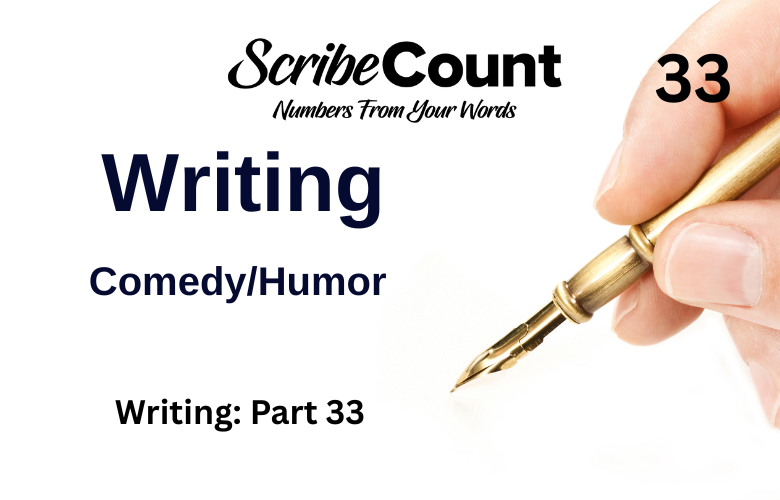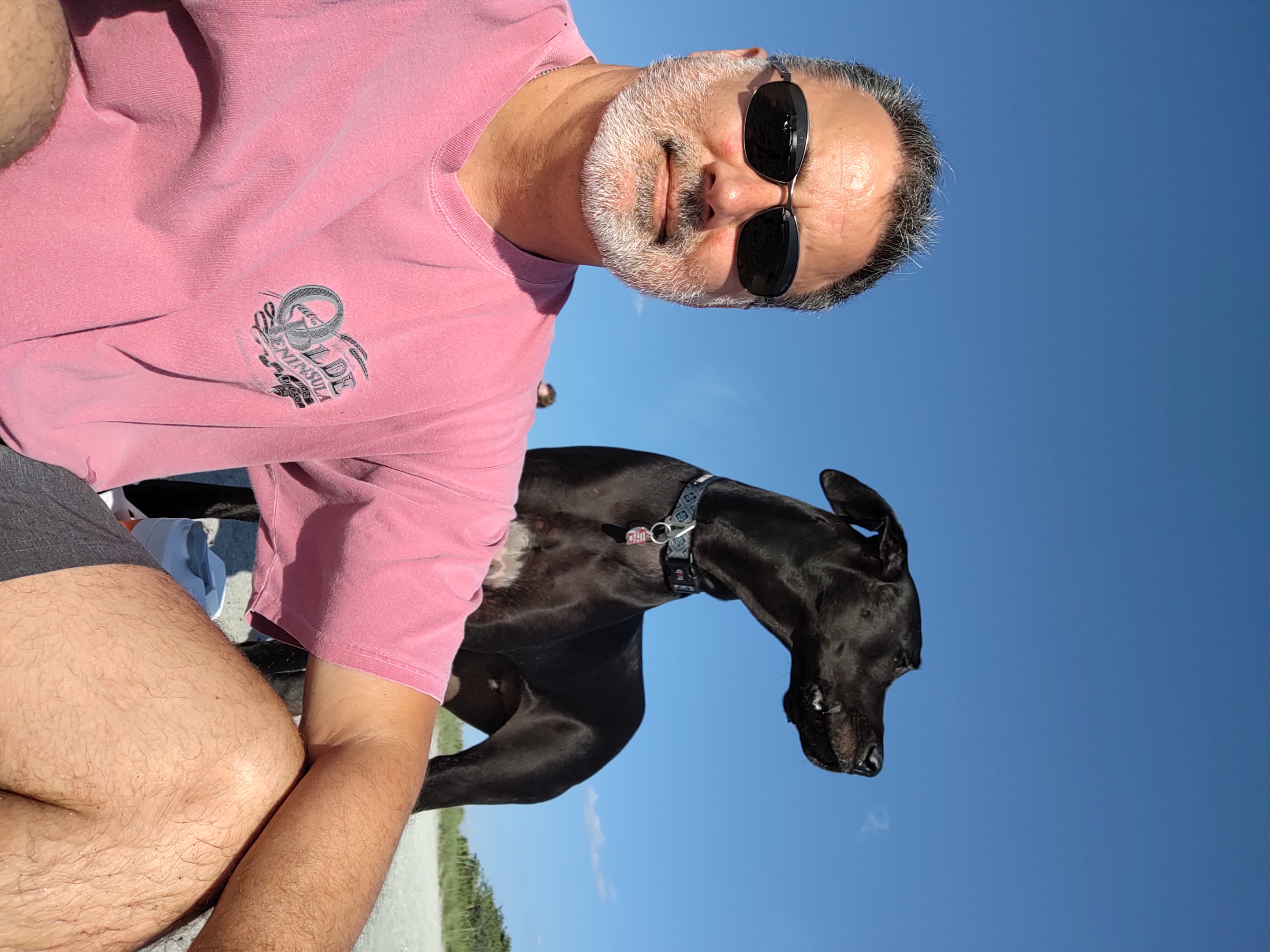Comedy & Humor for Indie Authors: How to Write a Story That Makes Readers Laugh (and Care)
Comedy and humor are more than just tools for levity—they’re powerful storytelling engines. Done well, humor can highlight character flaws, puncture tension, reveal emotional truth, and create an intimate connection between writer and reader. Comedy can be biting, absurd, awkward, satirical, romantic, or dark—but its goal is universal: to entertain, to surprise, and to disarm.
While many genres use humor, a true comedic novel places laughter at its core. The plot, dialogue, tone, and character arcs are all built to amuse. But comedy isn’t just about punchlines—it’s about rhythm, timing, observation, and often, pain. At its best, it makes us laugh because it hits something real.
For indie authors, writing comedy can be both a challenge and an opportunity. Humor is subjective, but when it lands, it creates fierce loyalty. If you can make someone laugh out loud in a quiet room, they’ll remember your name—and come back for more. This guide will help you build a humorous novel that’s not just funny, but smart, emotionally engaging, and worth rereading.
What Makes a Comedy or Humor Novel?
A humor or comedy novel is a story where laughter is a central experience—not just an occasional tool. That means:
-
Tone and Voice: The narration, character interactions, and plot developments are delivered in a way that prioritizes wit, timing, and surprise.
-
Character-Based Humor: The funniest stories aren’t just jokes strung together—they’re built on personalities, flaws, awkward moments, and authentic emotion.
-
Structured Chaos: Good comedy often involves escalating situations, misunderstandings, and unexpected reversals. The plot may seem chaotic, but it's crafted for maximum comedic payoff.
-
Heart Beneath the Laughter: The best comedy reveals truth. Behind every laugh is often a little pain, awkwardness, or insight.
A comedy novel can be a romance (rom-com), mystery (cozy or satirical crime), fantasy (comic fantasy), or even horror (dark comedy). What matters is that the humor is intentional, pervasive, and essential to the experience.
The Popularity of Comedy and Humor in Fiction
Comedy in fiction has timeless appeal. From the biting satire of Jane Austen and Mark Twain to the absurd brilliance of Douglas Adams (The Hitchhiker’s Guide to the Galaxy, available on Amazon) and the dry wit of P.G. Wodehouse (Jeeves and Wooster, available on Apple Books), humor has helped authors build global fanbases and long-lasting careers.
In recent years, comedic novels like The Rosie Project by Graeme Simsion, Where’d You Go, Bernadette by Maria Semple, and The 100-Year-Old Man Who Climbed Out the Window and Disappeared by Jonas Jonasson have delighted readers with quirky voices, eccentric plots, and laugh-out-loud moments.
For indie authors, comedy offers a chance to build a loyal niche. Readers who love a particular comedic tone—whether snarky, whimsical, cringeworthy, or clever—tend to stick with authors who consistently deliver that flavor. A strong comedic voice becomes your brand.
Reader Expectations for Comedy and Humor
Readers come to comedy for joy, catharsis, and the pleasure of being surprised. They want to laugh—but not at the expense of story. Here’s what they expect:
-
A Consistent Comedic Voice: Whether it’s absurd, sarcastic, deadpan, or chaotic, the tone should remain cohesive and recognizable throughout.
-
Smart, Observational Writing: The humor should feel earned—not forced. Witty turns of phrase, clever insights, and well-placed irony go farther than trying to be funny every line.
-
Engaging Characters: Funny characters aren’t just clowns—they’re fully formed people whose quirks and flaws generate the humor naturally.
-
Pacing that Leaves Room for Laughter: Jokes need space. So do comedic beats. Timing matters. Comedy often benefits from clean prose, short paragraphs, and punchy dialogue.
-
Some Emotional Resonance: Readers want to care. Whether it’s a rom-com with heart or a satire with bite, the story works better when the characters have something at stake.
Humor varies wildly by audience, but what stays consistent is the desire for connection. Comedy builds trust. It says, “You see the world the way I do.” That’s powerful.
Common Tropes in Comedy and Humor Novels
Tropes in comedy work because they’re familiar setups that invite fresh interpretation. Here are a few classics:
-
Fish Out of Water: A character is thrust into an unfamiliar environment—cue misunderstandings, awkwardness, and growth. See Bridget Jones’s Diary by Helen Fielding (available on Kobo).
-
Disaster Protagonist: A well-meaning but chaotic lead stumbles through life, relationships, or jobs, often creating their own crises.
-
Odd Couple Dynamics: Two wildly different personalities are forced to work or live together—conflict and hilarity ensue.
-
Mistaken Identity / Deception: Whether it’s hiding a job, faking a relationship, or impersonating someone else, deception leads to comedic consequences.
-
Overconfidence Meets Reality: A character thinks they’ve got it all figured out—until everything goes spectacularly wrong.
-
Narrative Snark: A dry, witty, or self-deprecating narrative voice becomes a character in its own right.
These tropes aren’t punchlines—they’re frameworks. Your job is to take a familiar scenario and push it in unexpected, hilarious directions.
Structuring Your Comedy or Humor Novel: The Plot Map
Comedy benefits from structure—even if the tone feels breezy. Here’s a reliable arc:
-
The Setup: Establish the main character, their worldview, and the setting. Plant the seeds of their central flaw or challenge.
-
The Disruption: Something changes—new job, unexpected guest, romantic rival, lost inheritance. The inciting event throws them off balance.
-
The Escalation: Problems pile up. Plans go sideways. Lies grow. Chaos ensues. The comedy builds with each misstep.
-
The Crisis: Everything falls apart—friendships strained, romances ruined, pride shattered. The humor gives way to real stakes.
-
The Realization / Turning Point: The protagonist gains insight. Maybe they’re not the center of the universe. Maybe love is worth the risk.
-
The Resolution: Loose ends are tied (awkwardly, if possible). Relationships mend, the truth comes out, and the protagonist learns to laugh at themselves—and grow.
Even in absurdist comedy, structure matters. Laughter is rhythm, and your story is the drumbeat.
Final Thoughts for Indie Comedy Writers
Writing comedy is one of the hardest and most rewarding things an author can do. It’s not about writing jokes—it’s about seeing the world through a warped lens and helping readers find joy in the absurdity, the pain, and the beauty of being human.
As an indie author, you have the freedom to lean into your voice—dry, chaotic, pun-filled, or poetic. You can take risks, break rules, and find your audience organically. Humor builds community. If readers laugh with you once, they’ll come back again and again.
Comedy can be sharp. It can be silly. It can be dark. But at its core, it’s generous. It invites readers in and says: “You’re not alone. Life’s weird. Let’s laugh at it together.”

